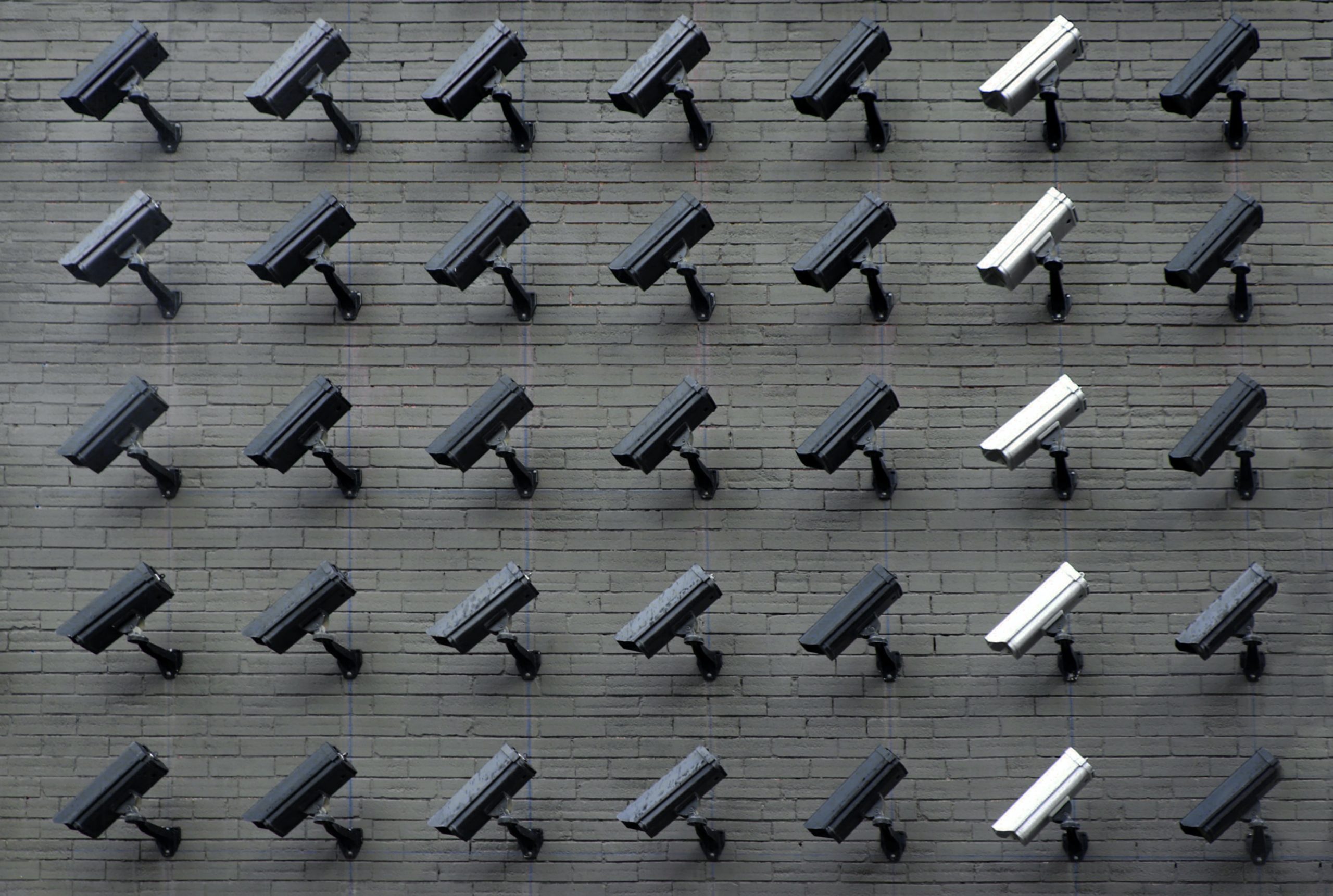
RECOMMENDED READING
As large swaths of the country prepare to re-enter COVID-19 lockdowns—my current city of Denver, for instance, banned all indoor dining just last week—it is worth pausing to again lament the ham-fisted, blunderbuss nature of most of these virus-fighting measures.
As many presciently pointed out at an early stage of the outbreak, mass, society-wide lockdowns are, at best, ambiguous as to their efficaciousness. We do have sufficient data, at this juncture, to make such a determination—and politicians’ flailing efforts to dismiss that readily accessible conclusion amount to intellectual disingenuousness and/or self-aggrandizing power grabs. These power grabs, as is so often the case, have had a debilitating effect on the rights of a free citizenry: As Supreme Court Justice Samuel Alito recently explained during his keynote address at the Federalist Society’s (virtual) 2020 National Lawyers Convention, core Bill of Rights protections such as the freedom of religion have come under increasingly brazen assault in the era of COVID-19.
Sprawling COVID lockdowns are ineffective on the cumulative epidemiological merits and, moreover, overwhelmingly applied in disproportionate fashion so as to bolster woke, intersectional stakeholders and punish traditionalist, “deplorable” stakeholders. One need not be a civil libertarian absolutist (and I am not) to object to the way our nation has docilely submitted like lemmings to the impetuous diktats of a blinkered ruling class elite.
But as some at The Commons have previously noted, the lockdowns are not merely regressive insofar as those hardest hit are those whose cultural interests and lifestyle habits—frequent attendance at a house of worship, for example—are most frequently ascribed “working-class” status. Rather, to emphasize a perhaps rudimentary point, the lockdowns are also regressive insofar as those hardest hit are those whose economic stature is working-class. Hapless restaurant workers are being laid off in Denver, but denizens of the Fortune 500 professional-managerial class all across the land are just fine and dandy.
COVID lockdowns, and the concomitant Zoom/work-from-home revolution, have proven to be a boon for the peripatetic “anywheres”; rather, it is the “somewheres,” sociologically and vocationally rooted in tangible, human-t0-human interaction, who bear the brunt of our elites’ inflicted pain. To the extent FDR’s Democratic progeny and purported “progressives” even pretend to care anymore about blue-collar interests and the plight of the working class, their collective response to COVID—dutifully ignorant, supercilious, dogmatic in the extreme, and obeisant toward our oligarchic overlords—has given away the game. Self-dubbed “progressives,” such as the sputtering Empire State duo of Andrew Cuomo and Bill de Blasio, have outed themselves as blunt, oppressive tools of the professional-managerial elite. They may rhetorically decry income inequality and wage stagnation, but their knee-jerk lockdown policies will only exacerbate both.
Amidst this sort of flagrant (and personal) hypocrisy that more sober observers of our politics have long learned to associate with the Left, there is a clear opportunity for the Right—our conservative populist new Right, that is, best characterized as an emergent multiracial, working-class coalition. As we enter what may be a new period of prolonged shutdowns, it is incumbent upon conservatives to stand firmly with our working-class base and to oppose the sort of sweeping, non-targeted, draconian lockdown policies that fail to adequately balance competing goods. That is not to say, of course, that our policy should be to do nothing at all. Consider, for instance, this op-ed published last month at Newsweek, co-written by a professor from each of Harvard, Stanford, and Oxford and calling for more targeted measures to protect uniquely vulnerable subgroups:
In the U.S. and around the world, lockdown strategies have led to many avoidable deaths among those at high risk from COVID-19 infections, while creating enormous collateral non-COVID health damage on everyone else. With age-wide lockdown measures—including restrictions on school, business and worship activities—we are protecting low-risk university students and young professionals such as bankers, lawyers, journalists and scientists who can work from home. Meanwhile, older and high-risk members of the working class are being exposed to the virus and risking their lives while generating the population immunity that will eventually protect us all.
The Great Barrington Declaration advocates a shift to a focused protection strategy that reduces COVID-19 mortality by better protecting the elderly and other high-risk groups. At the same time, children and low-risk adults—for whom lockdowns cause more physical and mental suffering than COVID risk does—are encouraged to live near-normal lives.
The Declaration has been met with great interest and a positive response across the globe, with more than 600,000 co-signers to date. Volunteers have translated it into more than 30 languages, including Cebuano and Faroese. This response makes sense when we consider the tragic consequences of ineffective lockdowns, including starvation for tens of millions of people in the developing world.
Yes, we can act—but over-inclusive, pan-societal lockdowns ought to be a non-starter on the policy menu. A Right that grasps that Big Business is not our friend and simultaneously stands strong for the disaffected “somewheres” disproportionately harmed by an “anywhere” elite is a Right that will have learned something valuable from the political realignment transpiring before our very eyes. Opposition to mass, society-wide lockdowns would help indicate that such a lesson has been learned. Fingers crossed.
Recommended Reading
Giganticism After COVID
In March, I could see that our social response to the coronavirus would be more consequential than the virus itself. Natural disasters can do great damage, but they do not usually change societies. By contrast, mass mobilizations for wars in the modern era have been deeply consequential.
A New Conservatism: Freeing the Right From Free-Market Orthodoxy
In this feature essay for Foreign Affairs, American Compass executive director Oren Cass discusses a path forward for conservatism that is no longer bound by free-market orthodoxy.
A Collective Cure to Privacy Threats
Privacy is another major casualty of the COVID-19 pandemic. Governments instituted expansive surveillance programs to enable contact tracing and corral the disease. Many of these programs are here to stay, as citizens get used to them or welcome them to avoid future quarantine and lockdowns.













